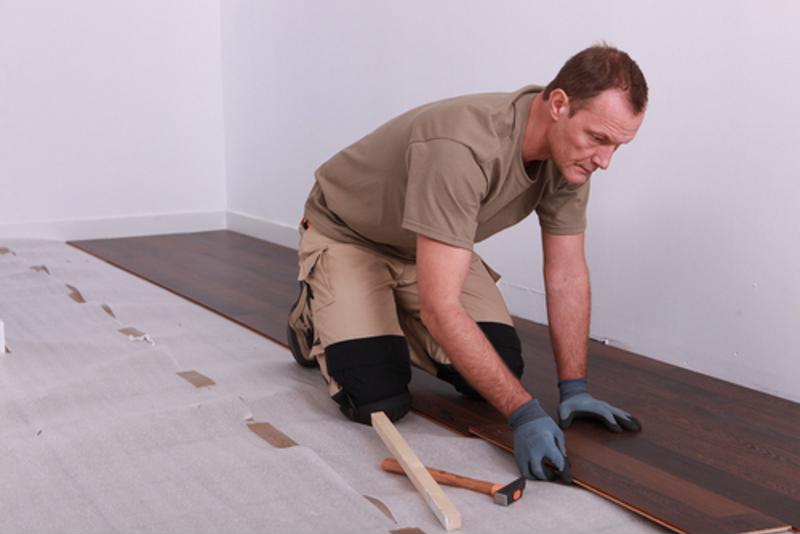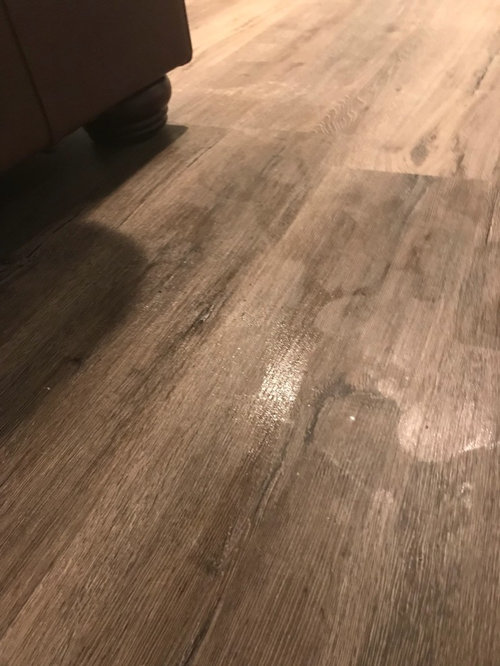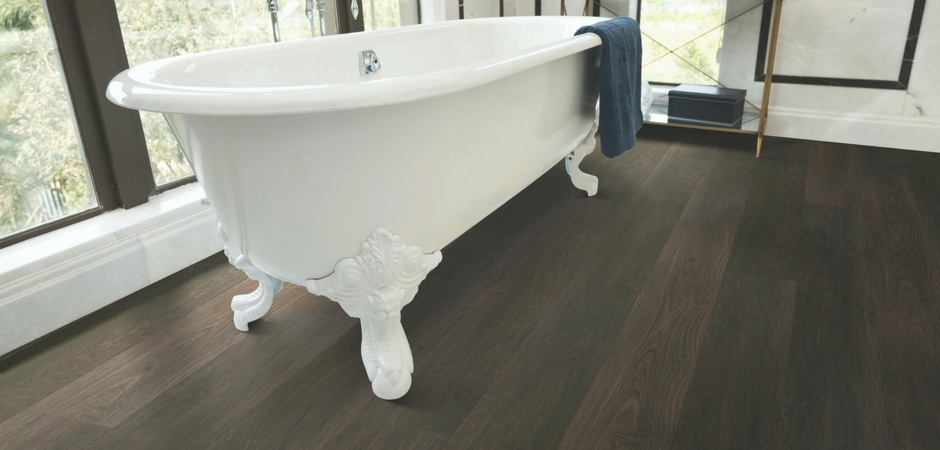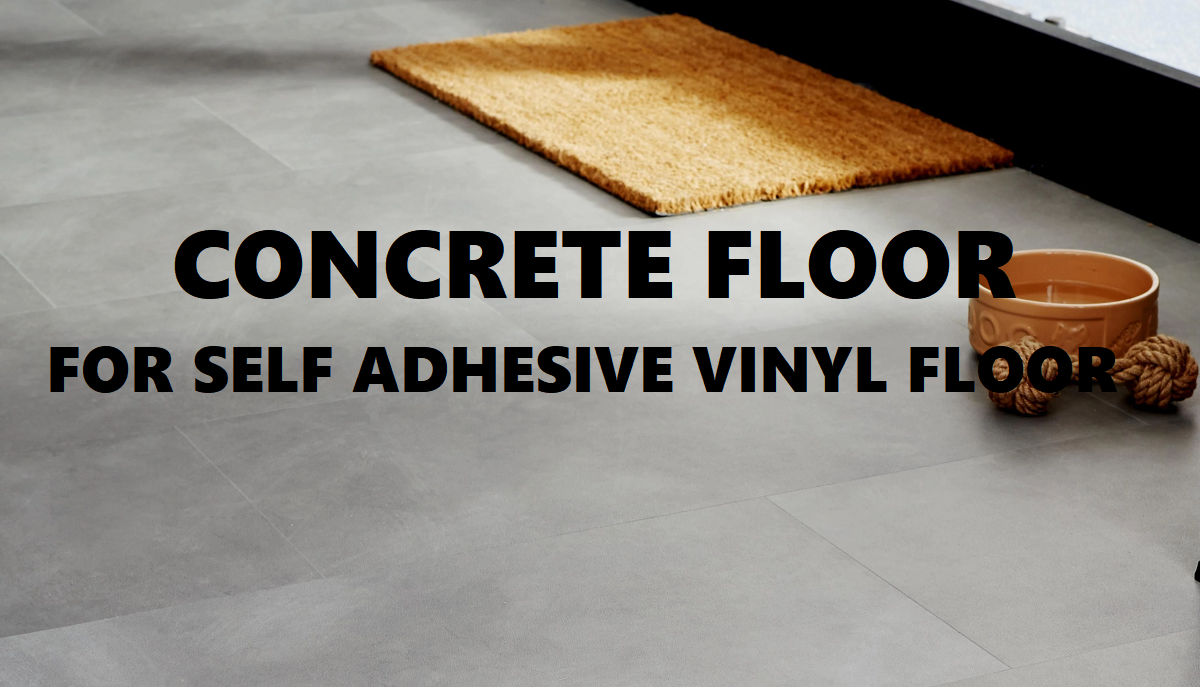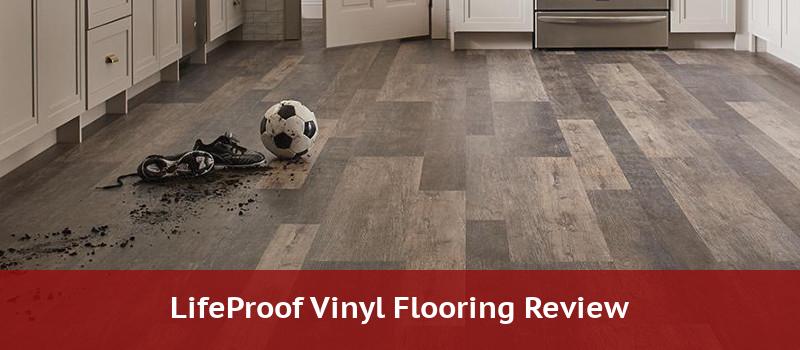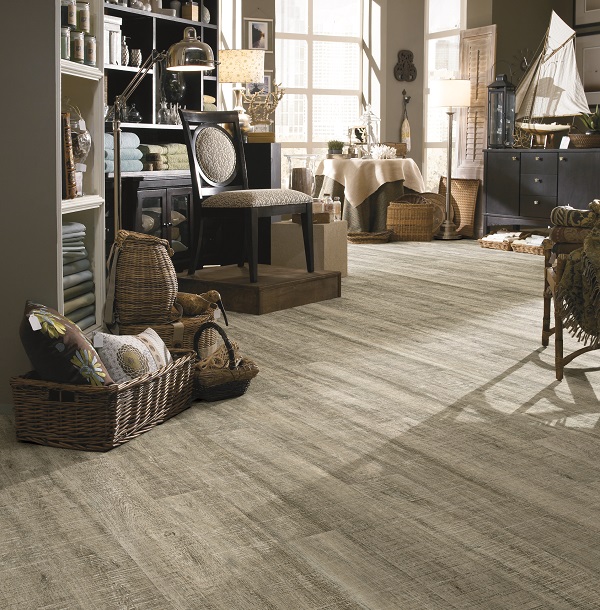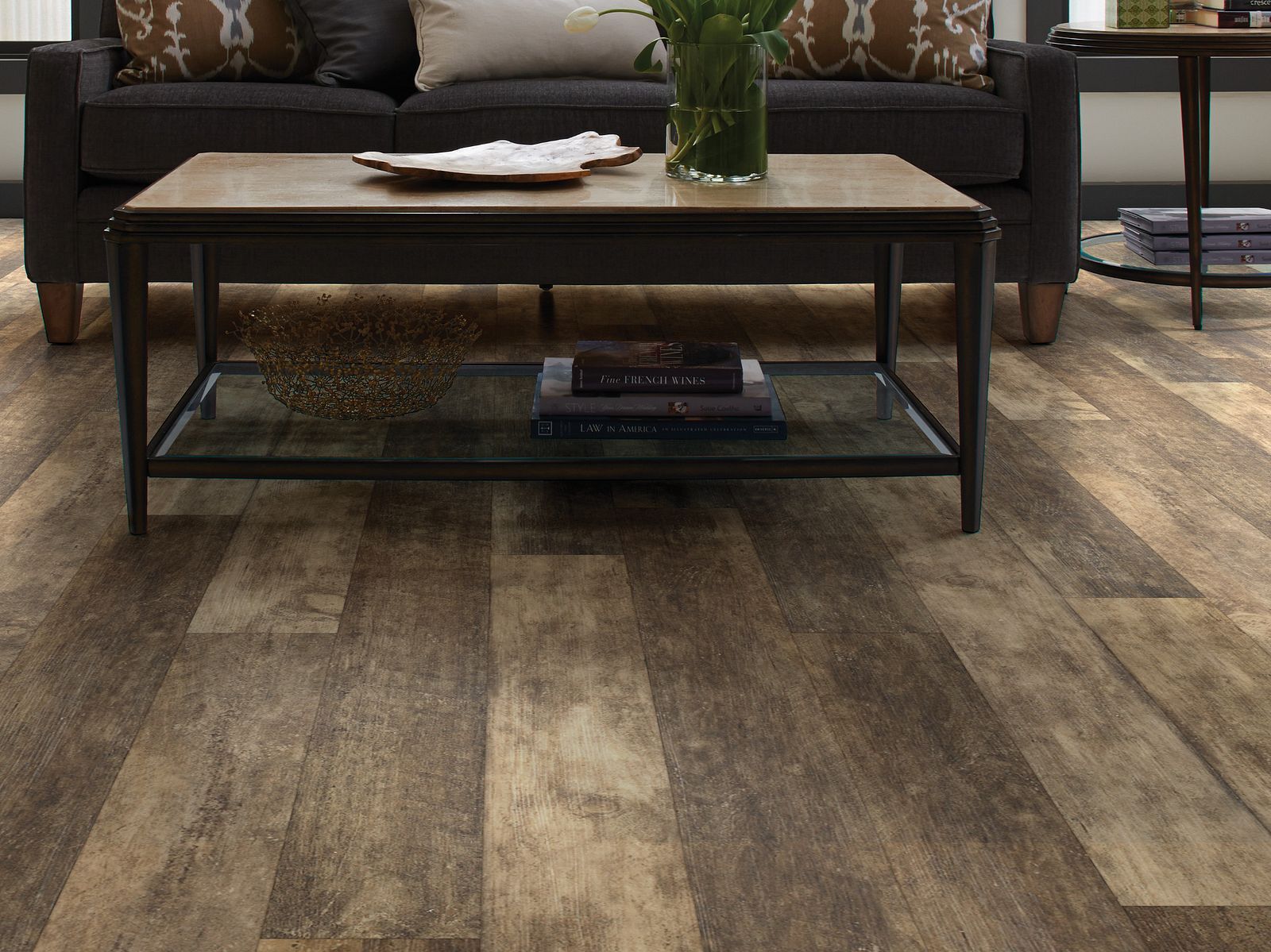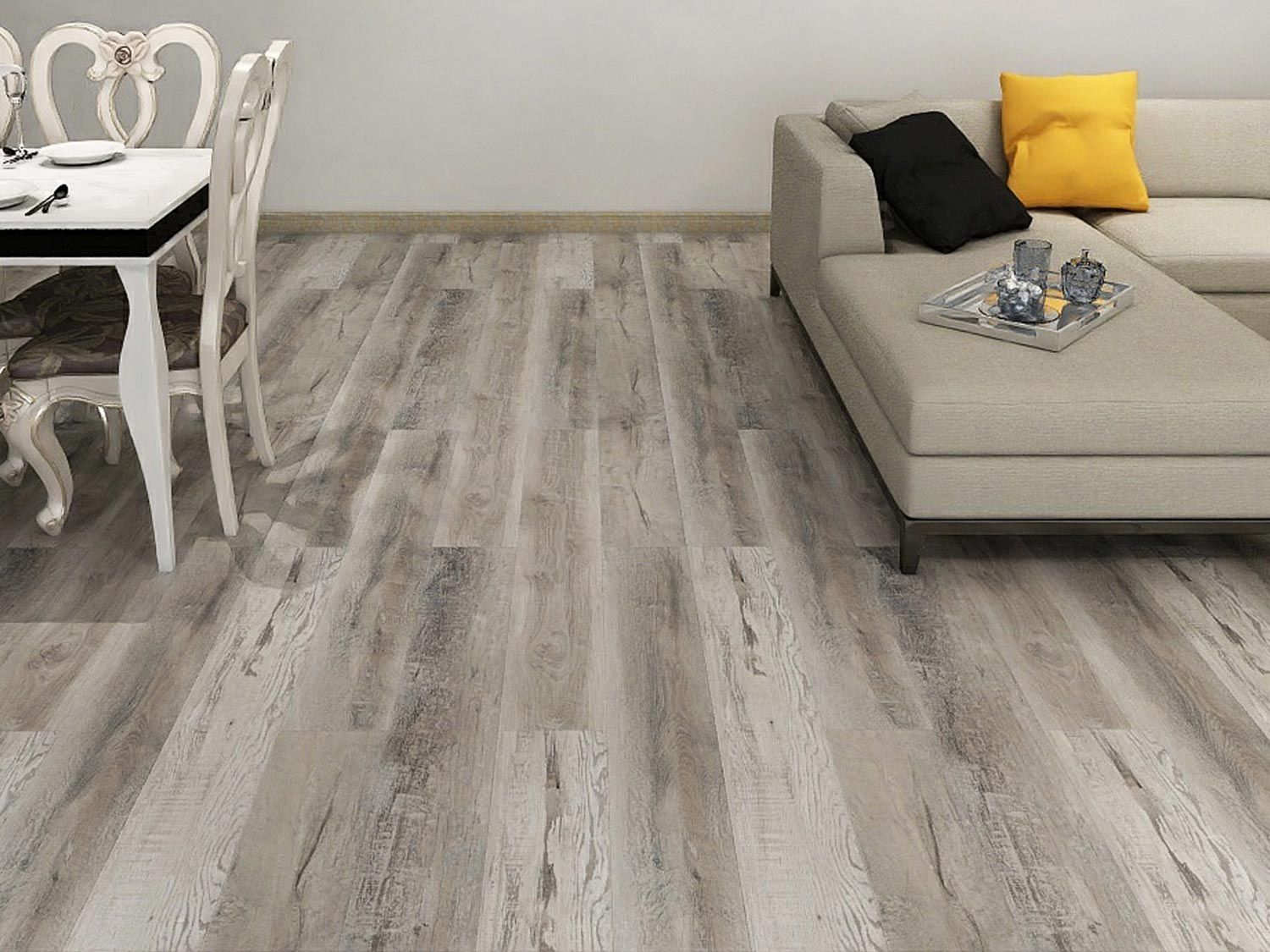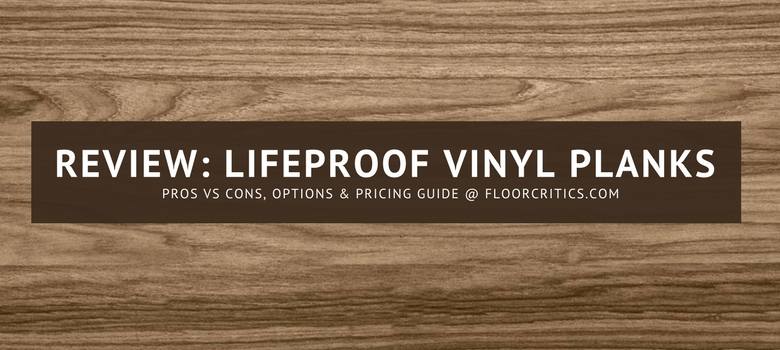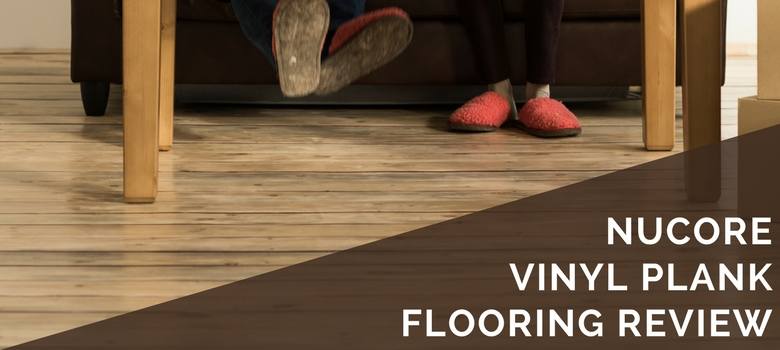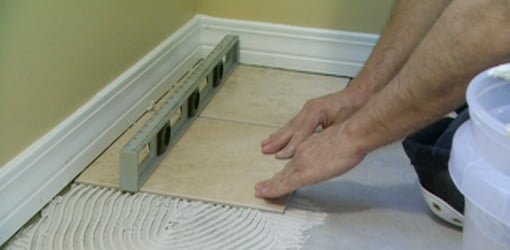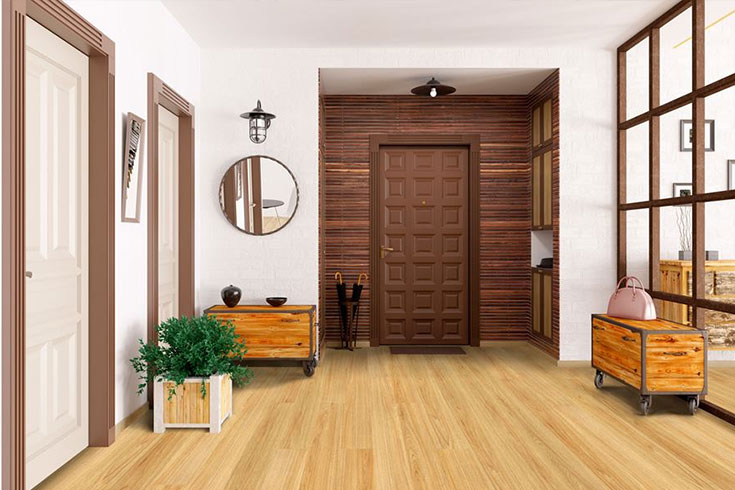Is A Moisture Barrier Necessary For Vinyl Flooring

Where is the wall located.
Is a moisture barrier necessary for vinyl flooring. This is also an extra piece of protection if you have any water leaking underneath the vinyl planks. All laminate flooring requires an underlayment to allow the floor to float and give the locking system its strength and in particular cases you will need to use a moisture barrier bestlaminate blog a helpful resource for your laminate vinyl and hardwood flooring projects. This practice has been linked to moldy buildings and other air quality problems. Omit plastic when covering bare wood subfloors thereby allowing the subfloor to breathe.
Moist concrete concrete may seem very dense but it is actually full of small pores that will absorb water from the ground. These are typically used for floating floor applications. In existing spaces oil based paints or vapor barrier latex paints offer an effective moisture barrier. If you are adding an exterior wall anywhere in the house and you answered yes to either of the above questions you should consider using a vapor retarder.
The visqueen acts as a barrier between the flooring and the sub floor and allows the vinyl planks to float above the sub floor and smoothly expand and contract with the temperature and humidity changes in your home. Avoid fully impermeable barriers such as polyethylene or vinyl wall coverings on spaces that are air conditioned. Floating floor installations when installing laminate or other floating floors over cement vct ceramic tiles or kitchen vinyl use 6 mil poly sheeting plastic as the moisture barrier.

